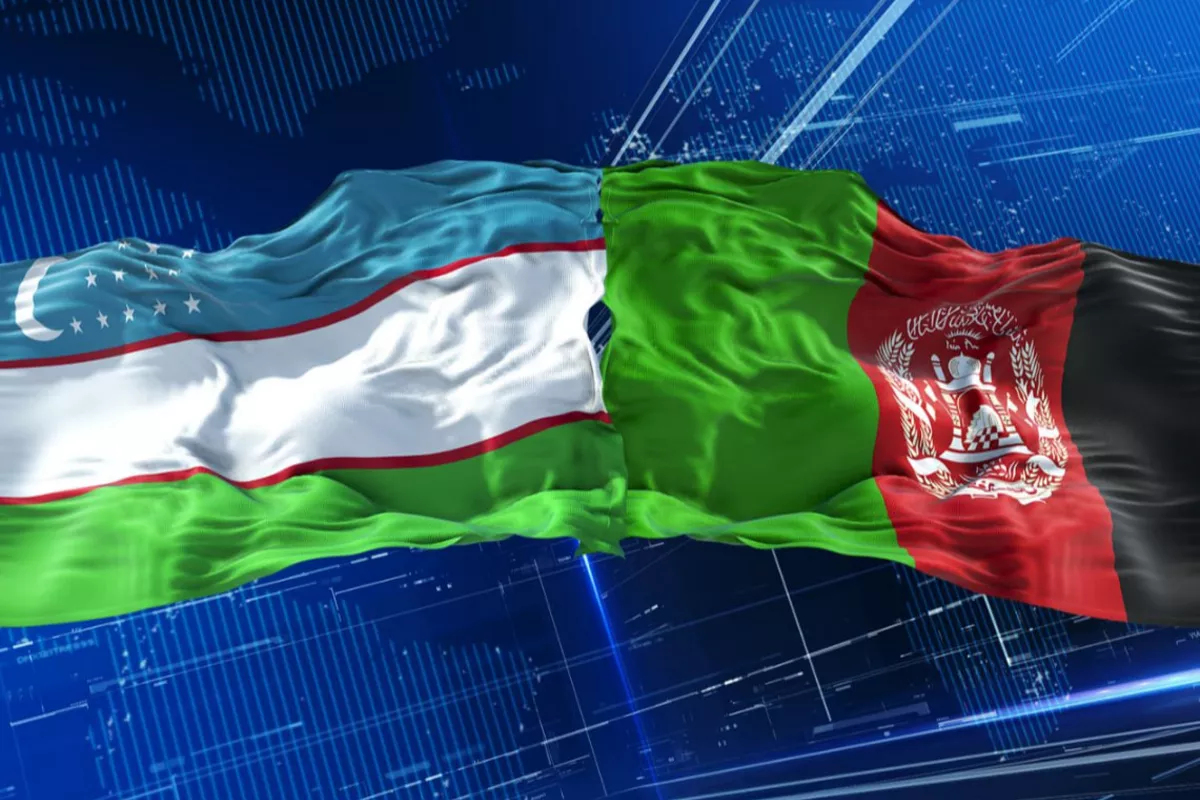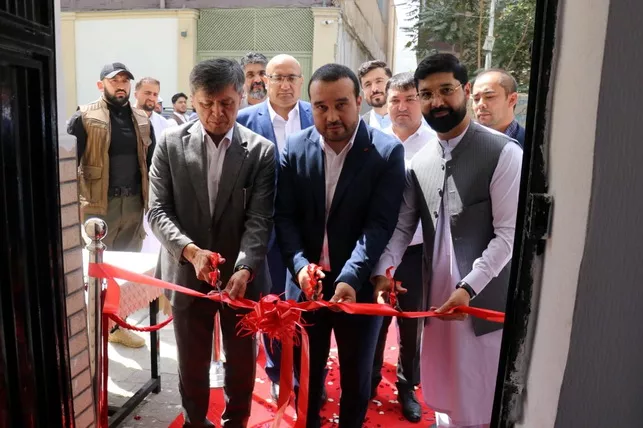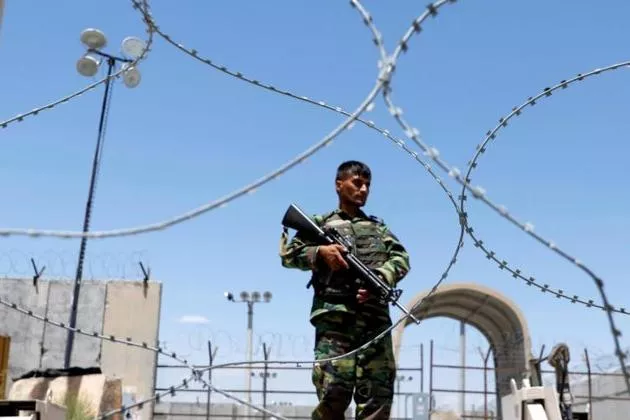
photo: Center for Progressive Reforms
Central Asia is undergoing a quiet geopolitical transformation. For years, Kazakhstan was seen as the region’s only real heavyweight, but recently, Uzbekistan has begun to step beyond its traditional boundaries, positioning itself as an emerging player with ambitions that extend well beyond Central Asia. Nowhere is this more evident than in its deepening involvement in Afghanistan-a country where power, security, and geopolitics are as volatile as the desert winds.
Reports from regional media indicate that Uzbekistan is steadily gaining control over key elements of Afghanistan’s infrastructure. Railroads, gas fields, power transmission networks-all are falling under Tashkent’s management. This growing influence reflects not only Uzbekistan’s ambitions but also Kabul’s trust in a partner it perceives as non-threatening. Unlike Western powers, Tashkent does not seek to interfere in Afghanistan’s internal politics, and as a fellow Muslim-majority nation, it offers a sense of cultural and political familiarity to the Taliban-led government.

photo: UzDaily.uz
The cooperation has taken concrete form. Just days ago, Uzbekistan and Afghanistan announced the creation of Sogdiana Trans, a joint Uzbek-Afghan logistics company based in Kabul. The company will oversee cargo transportation from Afghanistan through Uzbekistan and onward to Kazakhstan, Russia, Belarus, the Baltic states, and even Europe. Under the deal, Uzbekistan will operate the key railway line linking Hairatan, Mazar-i-Sharif, and Noyabad, handling both technical maintenance and management of Afghan railways. This positions Tashkent as the logistical gatekeeper for Afghanistan’s northbound exports and imports, effectively turning the country into a regional transit hub under Uzbek supervision.
But Tashkent’s ambitions do not stop at transport. On September 14, a major milestone was reached when an Uzbek company invested $100 million to launch exploration and development at Tuti-Maidan, a massive Afghan gas field covering some 7,000 square kilometers-an area roughly ten times the size of Singapore. For Afghanistan, this project is about far more than economics. As Abdul Ghani Baradar, deputy prime minister for economic affairs of the Taliban government, stated, successful energy cooperation would enhance Afghanistan’s prestige and demonstrate that the country is open and safe for both domestic and foreign investors. Yet, for these dreams to materialize, pipelines and supporting infrastructure must still be built-an expensive and politically sensitive undertaking.
Uzbekistan’s role as Afghanistan’s energy lifeline is also expanding. A new agreement signed on September 6 outlines plans for Tashkent to build high-voltage substations and power transmission lines across Afghan territory by 2027. These projects aim to connect major cities and improve the reliability of Afghanistan’s power grid, which currently relies on imports for 80% of its electricity, much of it from Uzbekistan itself. Crucially, revenue from energy tariffs will flow back to Tashkent, allowing it to recoup its investments while deepening its economic grip on its southern neighbor.
From Kabul’s perspective, Uzbekistan is the ideal partner. China is already active in Afghanistan’s resource sector, and Russia has expressed interest in joining, but Tashkent’s involvement stands out for its scale and speed. By modernizing Afghanistan’s energy networks and introducing AI-driven smart grid systems to combat corruption and theft, Uzbekistan is positioning itself not merely as a partner but as a stabilizing force. If successful, this could enhance Afghanistan’s infrastructure and provide a foundation for long-term growth.

photo: BBC
Yet the risks are impossible to ignore. While the Taliban have avoided overtly hostile actions toward their neighbors since 2021-aside from sporadic border clashes with Iran-their rule remains controversial and unrecognized by the international community. Kabul is eager for political legitimacy, particularly from the West, but recognition has been slow to come. Indeed, tensions have flared recently: U.S. President Donald Trump demanded that the Taliban return the Bagram airbase, warning of unspecified “bad things” should they refuse. Kabul’s sharp retort-that Washington must not repeat its past mistakes-underscores the fragile balance in play.
The real threat to Uzbekistan’s grand plans may not come from armed conflict but from economic warfare. Sanctions imposed on Afghanistan-or even on companies doing business there-could cripple Tashkent’s investments and crush the Taliban’s fragile hopes for an economic revival. Energy cooperation, in particular, could become a flashpoint.
For Uzbekistan, the stakes are high. By betting on Afghanistan, Tashkent hopes to secure a gateway to South Asian markets, dramatically expanding its trade routes and geopolitical relevance. The creation of Sogdiana Trans, the gas exploration at Tuti-Maidan, and the planned power grid overhaul are all pieces of a bold strategy to transform Uzbekistan into a regional powerhouse.
But this strategy is not without its hazards. Afghanistan’s political future remains uncertain, and a single miscalculation-whether by the Taliban, the United States, or regional rivals-could unravel years of investment and cooperation. Tashkent appears to be calculating that the potential rewards outweigh the risks. If Uzbekistan succeeds, it could emerge as a bridge between Central and South Asia, cementing its status as a key player in Eurasian geopolitics. If it fails, however, it may find itself entangled in the very instability it is trying to navigate.
In the end, Uzbekistan’s gamble on Afghanistan is a high-stakes test-not just of its economic ambitions, but of its ability to manage risk in one of the world’s most unpredictable regions.
By Tural Heybatov
Share on social media